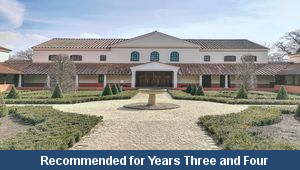Lesson Three – Shop Discounts

This maths teaching pack for Key Stage Two gets the children to model how to calculate and record the cost of different items that can be bought for a discount in a shop sale.
The class can explain and describe how to use number calculation skills to find a fraction of a money amount to identify each discounted price that can be bought when it is on sale in a type of shop.
Download this teaching pack including a lesson plan, classroom activities and an interactive presentation to model how to calculate and record the cost of different items that can be bought for a discount in a shop sale
Activities in this teaching pack include a differentiated set of worksheets to record how to calculate and record the cost of different items that can be bought for a discount in a sale using fraction number skills to identify each of the matching discounted prices.
The interactive presentation gets the children to explore how to calculate and record the cost of different items bought for a discount in a shop sale.
This lesson is part of a maths scheme of work to get the children to use number calculation skills to total receipts of different items bought in shops or at visitor attractions and record discount sale prices to match shopping budgets. There are teaching activities for shared learning, differentiated worksheets to support independent learning and interactive presentations to introduce concepts and key skills.
-

French Schools
Learn and practise speaking and writing French vocabulary and word phrases to describe some of the special things that can happen and are used in a school
-

French Sports
Practise speaking and writing French vocabulary words and phrases to describe some different sports and games
-

Roman Settlement
Explore and record what happened when the Romans settled in Ancient Britain and how it impacted the population and made changes to ways of life
-

3D Shape Labels
Identify and record how to label models and illustrations of some different 3D shapes to indicate their special properties
